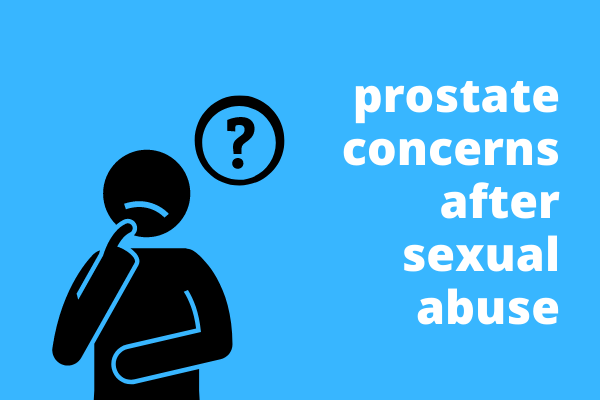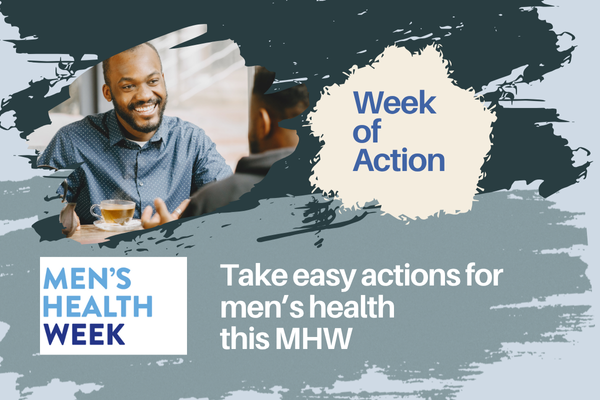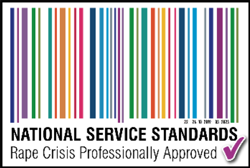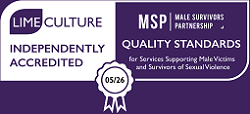Support
Black, Asian, minoritised ethnic groups, refugee and asylum seekers
Black, Asian, minoritised ethnic groups, refugees and asylum seekers
We understand the complexities of sexual abuse and violence for people who are Black, Asian, or from minoritised ethnic groups, including refugees and asylum seekers. There can be worries about the barriers faced by those accessing support. Our staff receive regular training on the experiences and needs of survivors who are Black, Asian and minoritised ethnic groups, including refugees and asylum seekers. Additionally, all our staff are trained to recognise and respond to incidents of/potential incidents of Female Genital Mutilation (FGM)/cutting.
We work to embed anti-racism across our organisation and have a written commitment to anti-racism detailing our work in this area.
You Are not Alone
We understand that people from Black, Asian, and minoritised ethnic groups, including refugees and asylum seekers, may face specific fears and pressures, for example:
- Men and women can be forced into marriage against their will and can face threats of violence if they do not proceed.
- Women are sometimes subject to powerful traditional practices such as izzat (honour) and sharam (shame) and can be fearful of bringing shame on their family honour.
- Women can be expected to uphold the honour of the family and be a dutiful and obedient wife or daughter who accepts violence rather than leaving home.
- Survivors may fear being outcast by their extended family and wider community.
- Survivors may fear that they will be ignored, or that they will suffer further violence.
- Women are wrongly encouraged to blame themselves and their own behaviour for ‘provoking’ attacks upon them.
- Lack of confidentiality, even the perception of limited confidentiality, can prevent survivors from seeking help.
- LGBT survivors may have been subjected to ‘corrective rape.’
- Refugees may have experienced rape or fled an arranged marriage in their own country and be fearful of being forced to return there.
- There may be pressure to allow cutting/Female Genital Mutilation (FGM) on your children.
While traditional attitudes can be helpful, they can also be a barrier that can stop survivors who have been assaulted from accessing support. You do not need to report to the police or leave home to get support. Confidentiality is essential for survivors to get support and help.
We want to ensure that anyone who wishes to access our service can do so and we can provide a translator for 10 sessions of counselling. Our services are confidential and we are here to listen to and support you.

